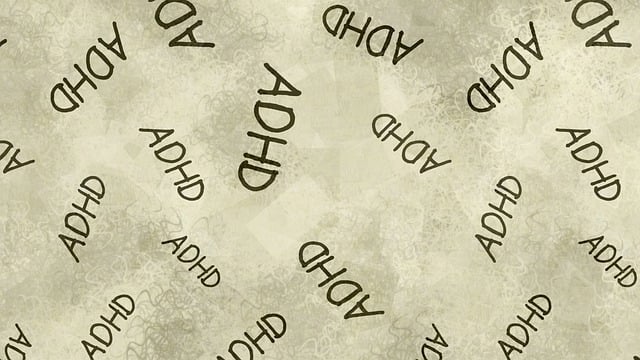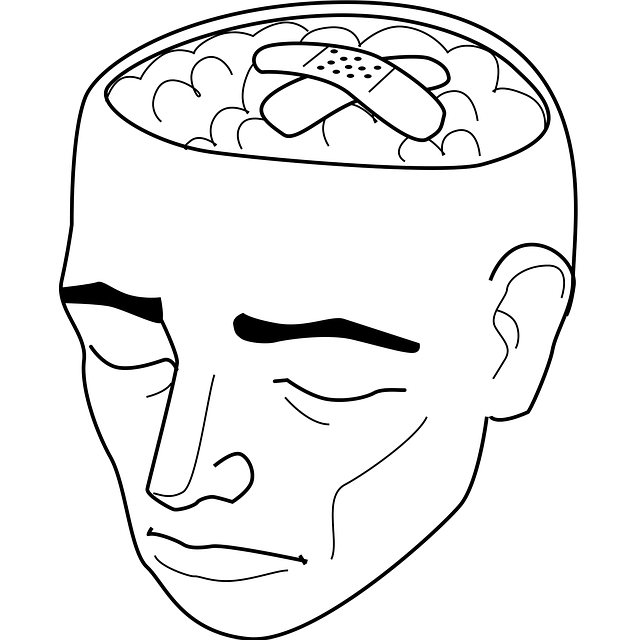Broomfield Sexual Addiction Therapy leads the charge against mental health stigma by educating communities, professionals, and individuals about risk assessment, self-care, and effective coping mechanisms. Through interactive workshops, seminars, and evidence-based practices, they empower people to recognize distress signs early and seek help, breaking down barriers to better mental health. Their strategic approach integrates diverse content, inclusive design, and local success stories, ensuring a powerful impact on participants' well-being. By combining these methods with Mind Over Matter principles, Broomfield Sexual Addiction Therapy offers practical solutions for stress reduction, trauma resilience, and improved communication skills. Continuous evaluation, feedback integration, and long-term support ensure the program's sustainability and effectiveness in fostering open dialogue about mental health.
Mental health is a cornerstone of overall well-being, yet it remains shrouded in myths and stigma. This article explores the crucial role of education in tackling these barriers. We delve into designing comprehensive programs that foster awareness, promote early intervention, and integrate therapeutic techniques.
From understanding common misconceptions to measuring success, our guide covers strategies for creating impactful mental health initiatives—a key focus for institutions like Broomfield Sexual Addiction Therapy aiming to enhance community resilience.
- Understanding Mental Health: Demystifying Common Myths and Stigma
- The Role of Education: Fostering Awareness and Early Intervention
- Designing an Effective Program: Strategies for Engagement and Impact
- Integrating Therapeutic Techniques: Practical Applications in Real-World Settings
- Measuring Success and Long-Term Sustainability: Evaluating the Program's Effectiveness
Understanding Mental Health: Demystifying Common Myths and Stigma

Mental health is a complex and often misunderstood aspect of human life, shrouded in myths and stigma that can hinder individuals from seeking help. Broomfield Sexual Addiction Therapy recognizes the importance of dispelling these misconceptions to foster an environment where people feel comfortable discussing their mental well-being openly. Common myths contribute to the stigmatization of mental illness, leading many to suffer in silence. For instance, there’s a widespread belief that seeking therapy is a sign of weakness, which couldn’t be further from the truth—it takes courage and strength to acknowledge personal struggles and take action towards healing.
By implementing programs focused on understanding mental health, we can initiate meaningful conversations. This involves educating communities about various aspects, including the risk assessment for mental health professionals, who play a crucial role in identifying potential issues within their practice. Moreover, promoting self-care routine development is essential for better mental health, encouraging individuals to prioritize their well-being through activities like stress management workshops organization, which can effectively teach valuable coping mechanisms.
The Role of Education: Fostering Awareness and Early Intervention

Mental health education programs play a pivotal role in fostering awareness and enabling early intervention, which are crucial aspects of addressing various mental health issues. By integrating educational components into community initiatives or school curricula, individuals can gain a deeper understanding of their own mental states and those of others. This proactive approach breaks down the stigma surrounding mental illness and encourages people to seek help at an early stage, potentially preventing more severe conditions from developing.
For instance, Broomfield Sexual Addiction Therapy recognizes the importance of education in treating sexual addiction by offering workshops and seminars that focus on self-awareness exercises and stress management techniques. These programs empower individuals to recognize signs of anxiety relief or potential issues, promoting healthy coping mechanisms. Through interactive self-awareness exercises, participants gain insights into their triggers and behaviors, laying the foundation for personal growth and recovery.
Designing an Effective Program: Strategies for Engagement and Impact

An effective mental health education program requires a strategic approach to engagement and impact. Firstly, tailor content to diverse audiences, considering age groups, cultural backgrounds, and pre-existing knowledge levels. This inclusive design ensures relevance and fosters active participation. Incorporate interactive elements such as group discussions, role-playing scenarios, and practical exercises that allow individuals to apply learned concepts in simulated real-world contexts. For instance, a program focusing on stress reduction methods could include mindfulness workshops and stress management simulations, enhancing participants’ ability to cope with anxiety and stress effectively.
Additionally, integrating evidence-based practices and incorporating success stories from local communities can further elevate the program’s impact. Broomfield Sexual Addiction Therapy, for example, has successfully implemented community outreach programs that not only educate but also offer support networks for those struggling with sexual addiction. Such real-world applications demonstrate the tangible benefits of mental health education, encouraging sustained behavioral changes. Furthermore, risk assessment for mental health professionals is crucial to ensure safety and ethical guidelines are met, fostering a supportive environment where participants feel secure to learn and grow.
Integrating Therapeutic Techniques: Practical Applications in Real-World Settings

Integrating Therapeutic Techniques brings a powerful approach to Mental Health Education programs, offering practical applications tailored for real-world settings. By combining evidence-based methods like Broomfield Sexual Addiction Therapy with Mind Over Matter principles, educators can create comprehensive curricula that address diverse mental health needs. This integration equips individuals with effective coping strategies for managing stress and trauma, fostering resilience in challenging environments.
Practical sessions can involve role-playing scenarios to enhance skills in communication, assertiveness, and conflict resolution—essential tools for navigating interpersonal relationships. Moreover, incorporating group discussions facilitates peer support and shared experiences, creating a safe space for open conversations about mental health. Such interactive methods mirror real-life interactions, ensuring individuals gain confidence in applying therapeutic techniques beyond the classroom.
Measuring Success and Long-Term Sustainability: Evaluating the Program's Effectiveness

Measuring success and ensuring long-term sustainability are vital components of designing an effective mental health education program, such as Broomfield Sexual Addiction Therapy. Evaluating the program’s effectiveness involves a comprehensive approach that goes beyond immediate outcomes. It includes assessing participant satisfaction, knowledge retention, and behavioral changes. By implementing pre- and post-program assessments, feedback mechanisms, and follow-up sessions, organizers can gauge the real impact of the initiative.
This process should also consider the broader context, such as the integration of positive thinking principles, healthcare provider cultural competency training, and crisis intervention guidance in daily practice. Long-term sustainability is achieved when these components are not just taught but also internalized and applied consistently. Regular monitoring, continuous improvement based on feedback, and ongoing support for both participants and facilitators are key strategies to ensure the program’s longevity and relevance.
Mental health education programs, as demonstrated by the comprehensive strategies outlined in this article, are powerful tools for fostering community well-being. By addressing common myths and stigma, integrating therapeutic techniques, and focusing on engagement and impact, these programs can facilitate early intervention and long-term mental health sustainability. As Broomfield Sexual Addiction Therapy underscores, effective design is key to success, ensuring that educational initiatives resonate and make a lasting difference in individuals’ lives.













